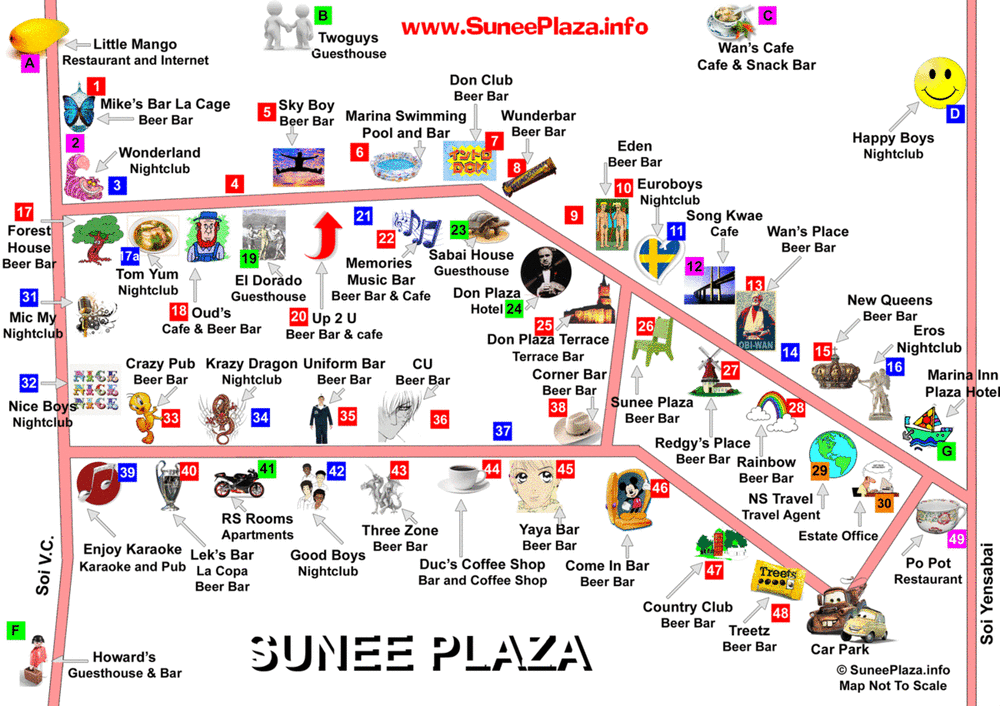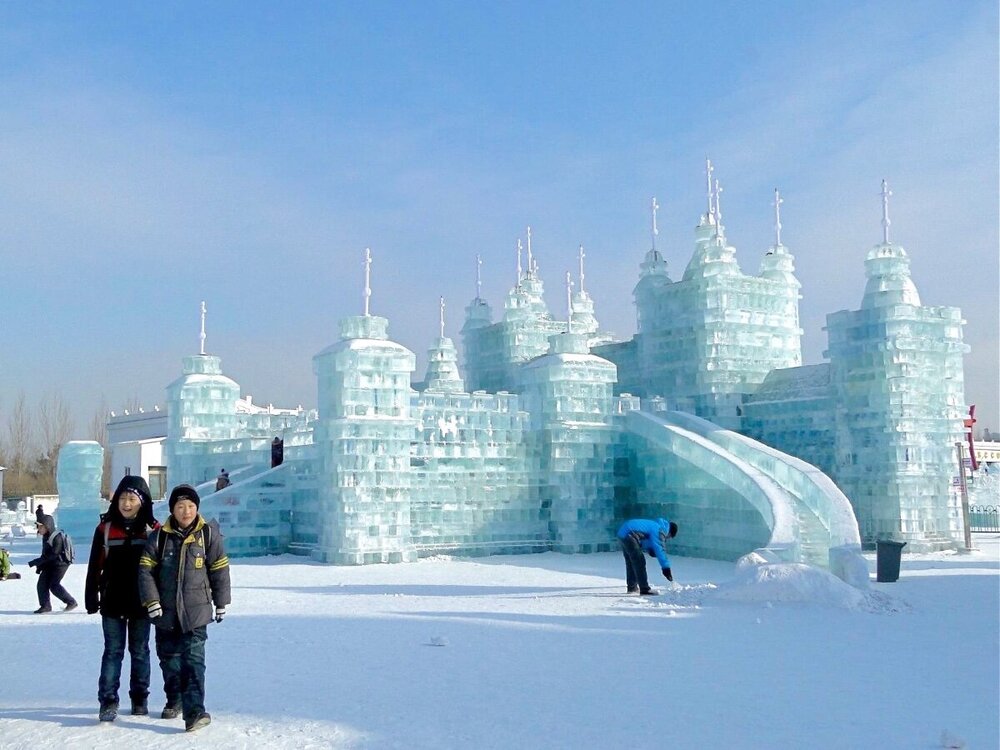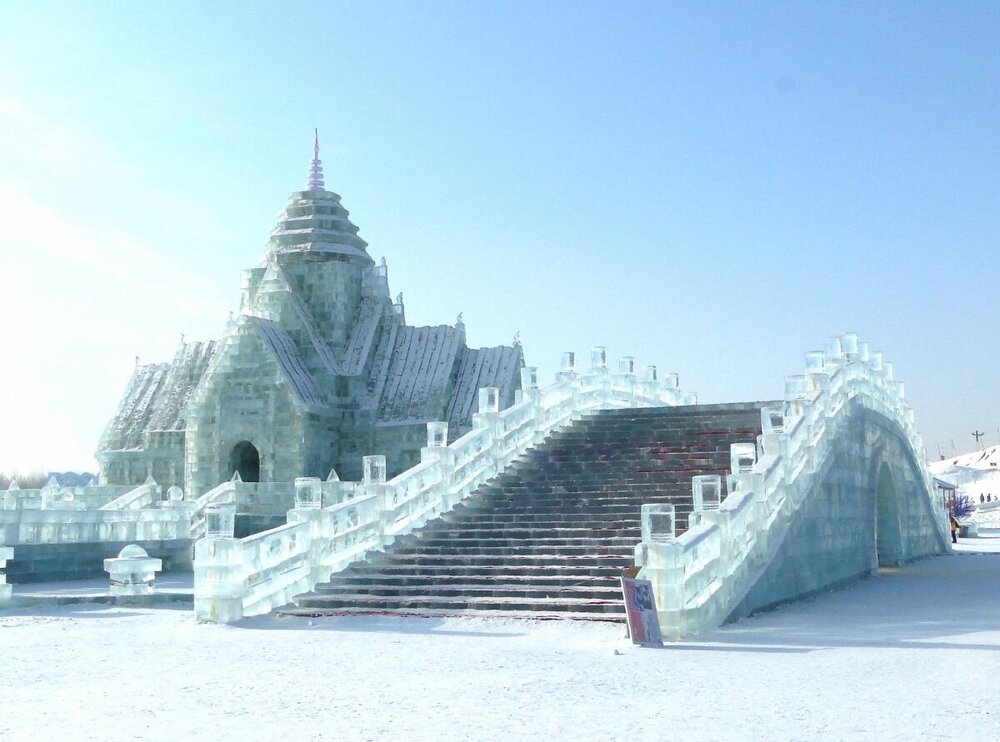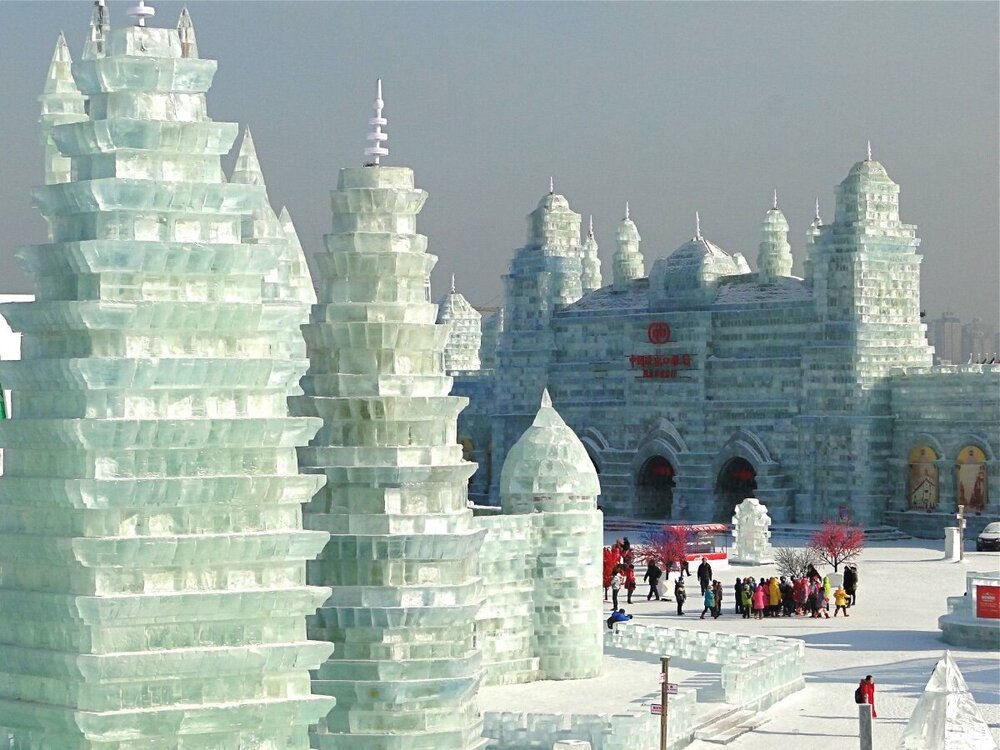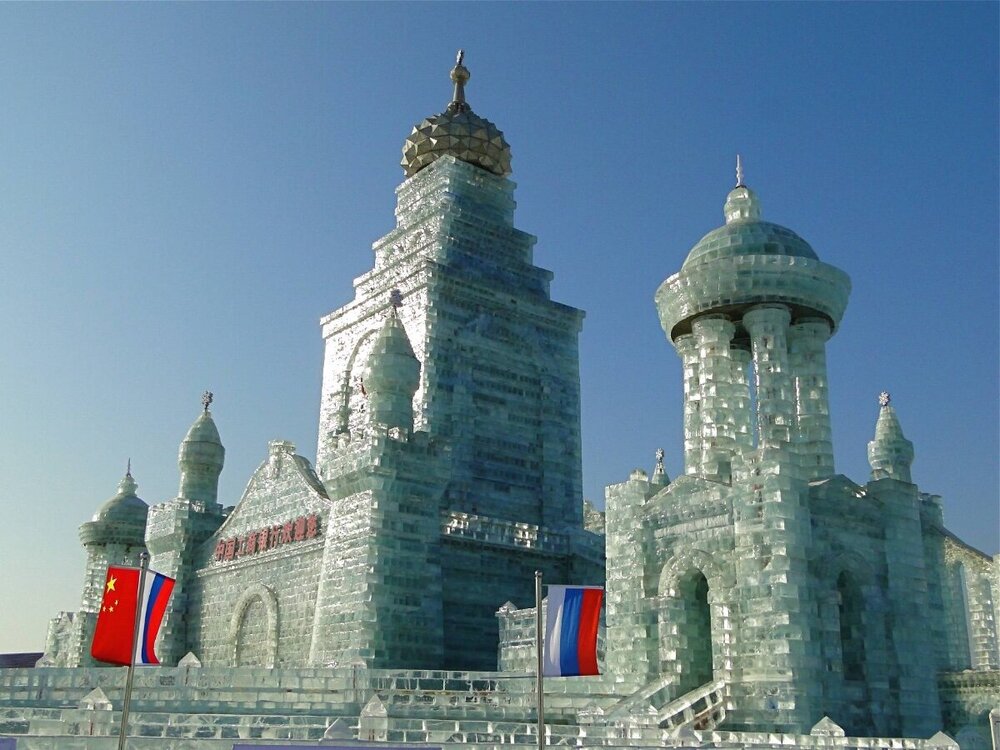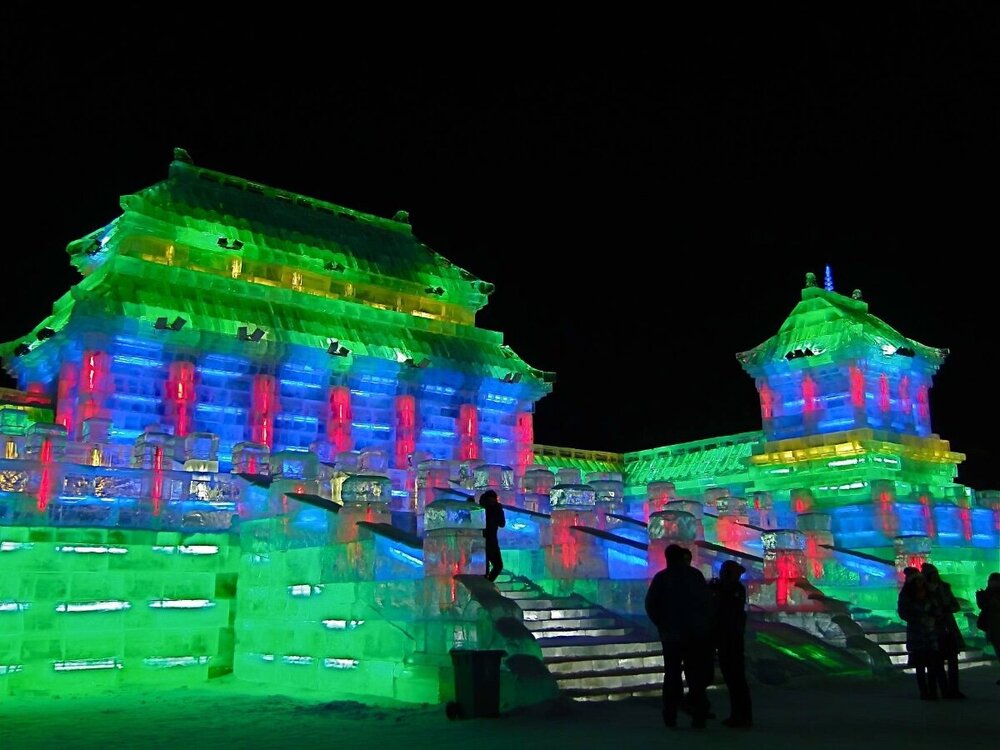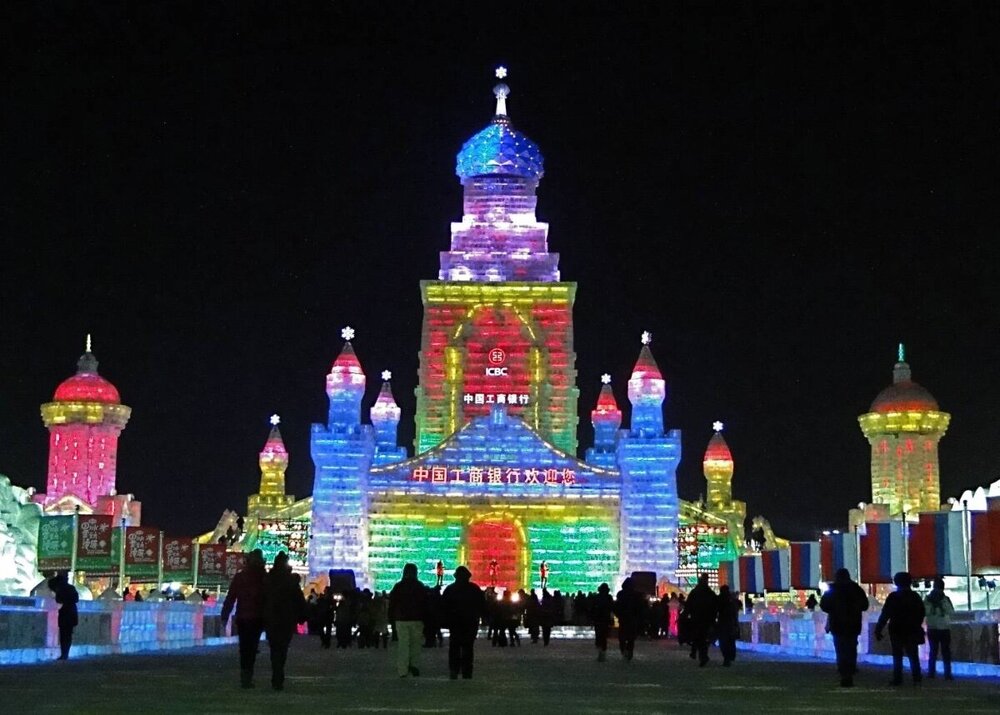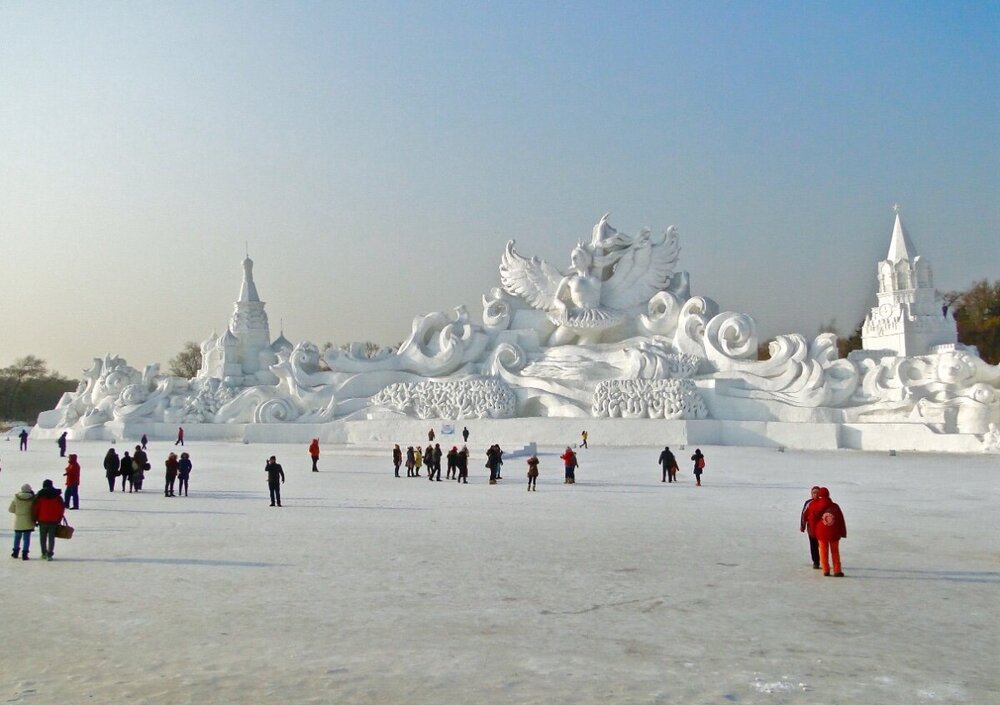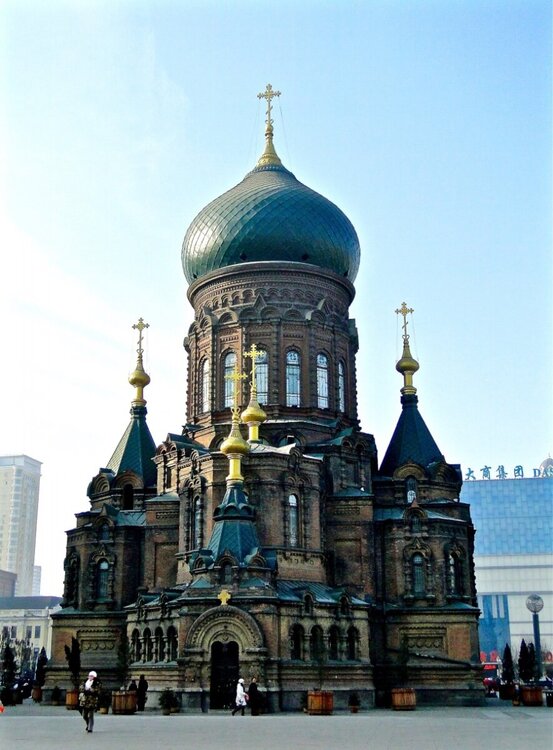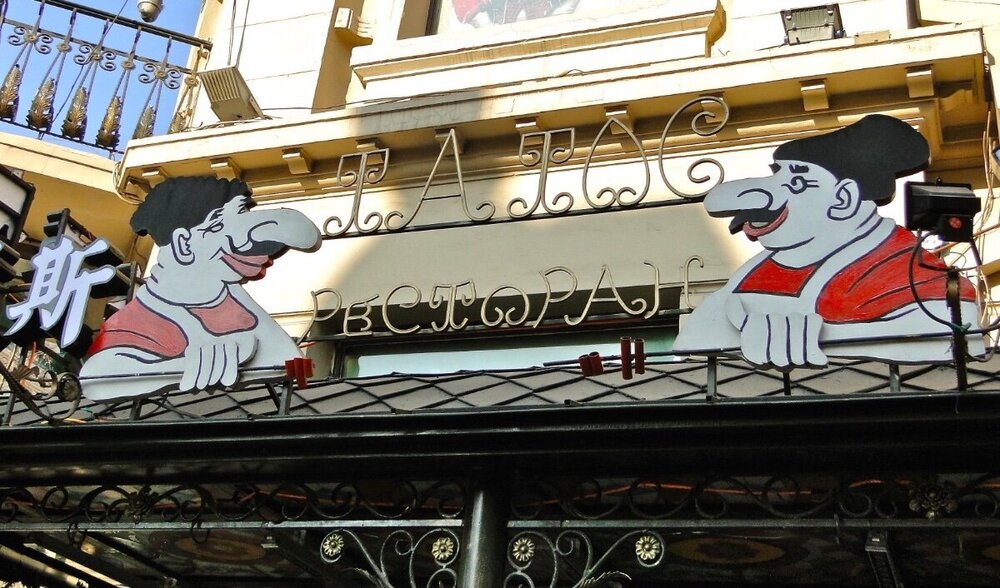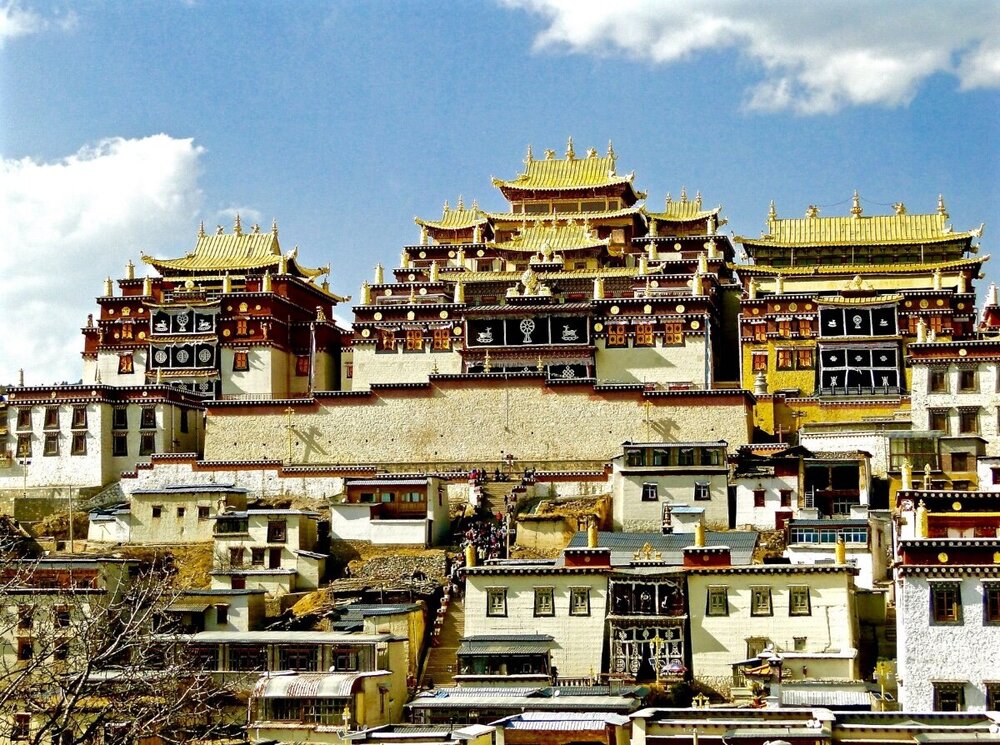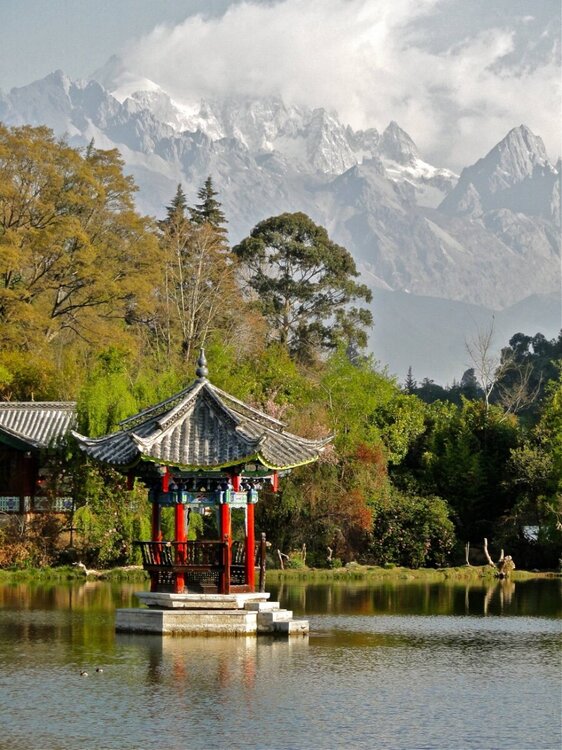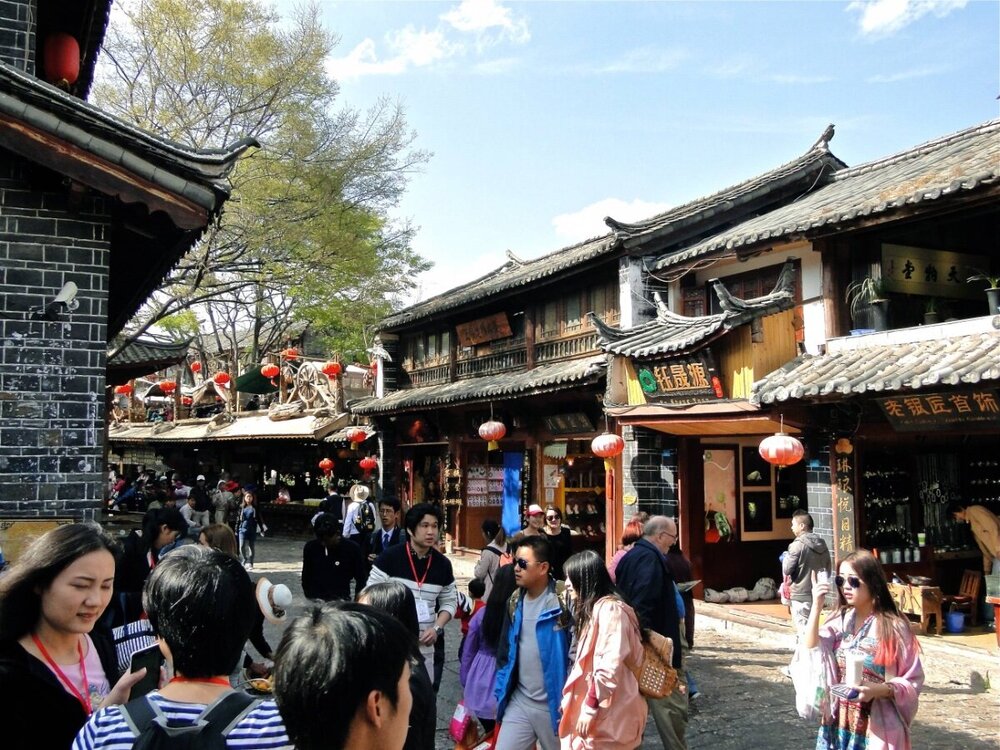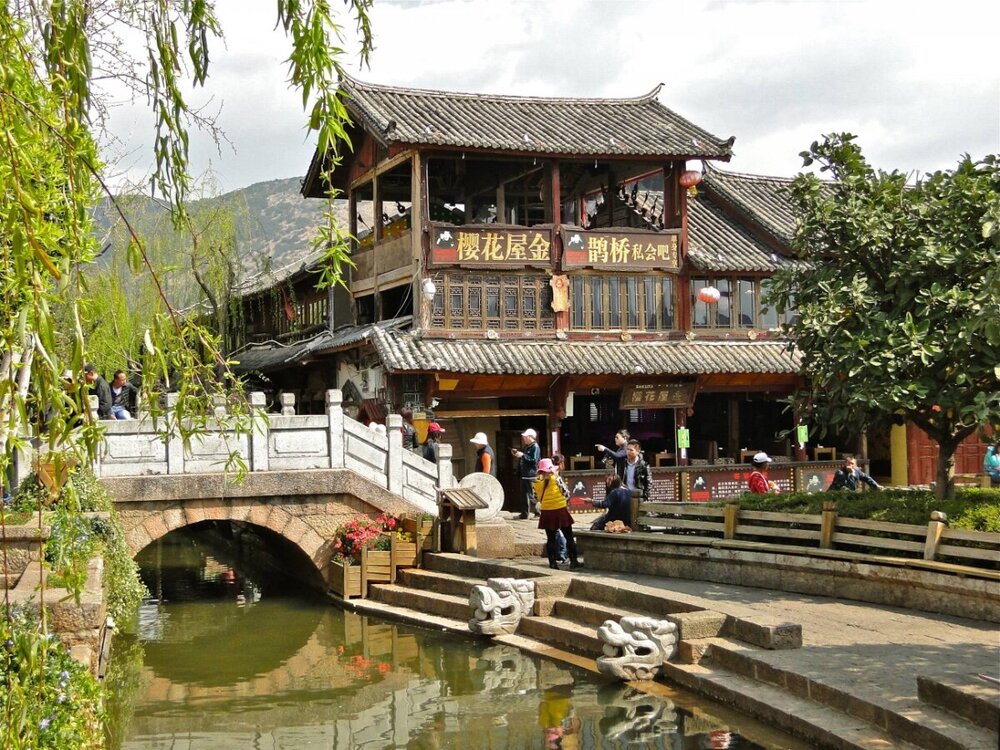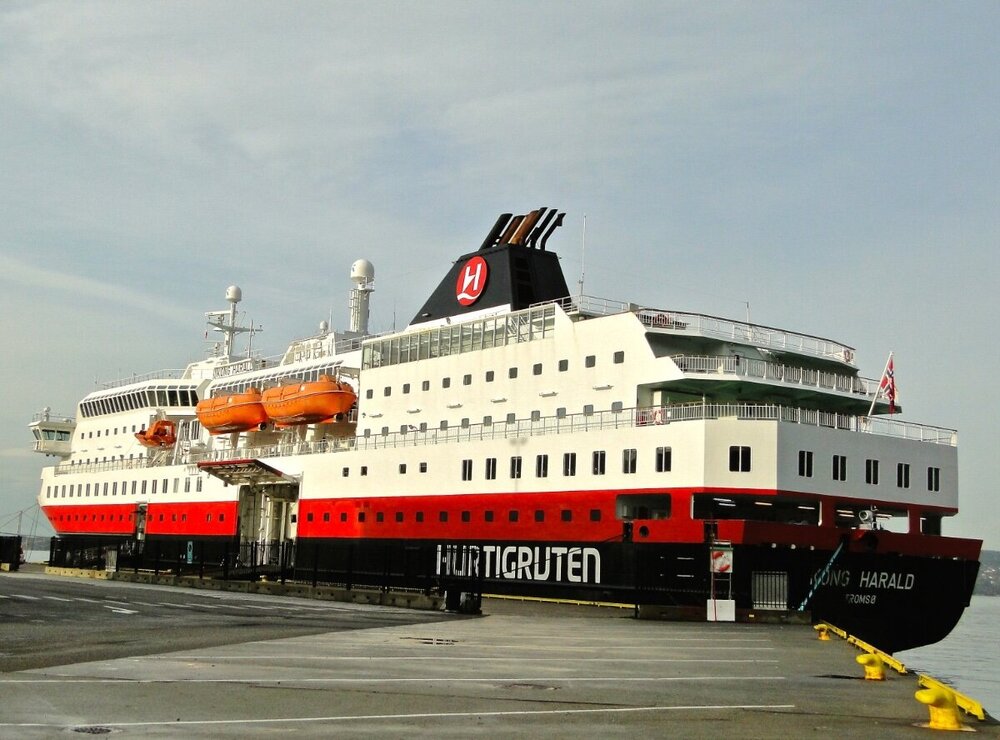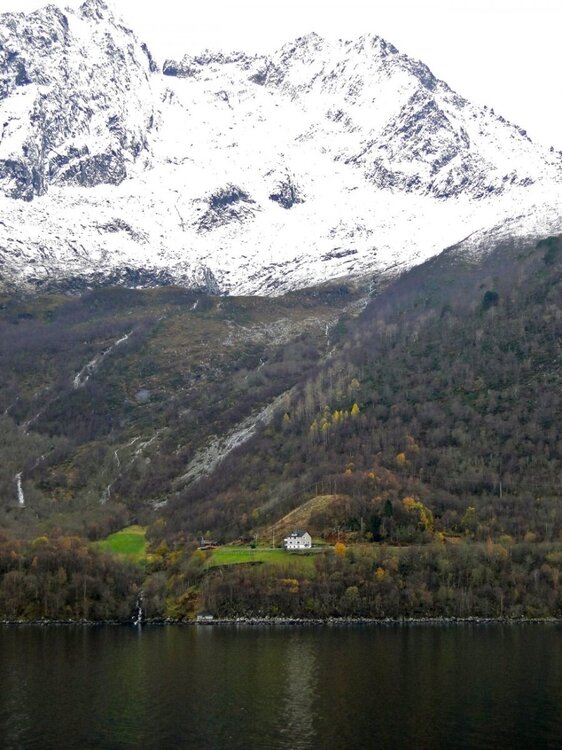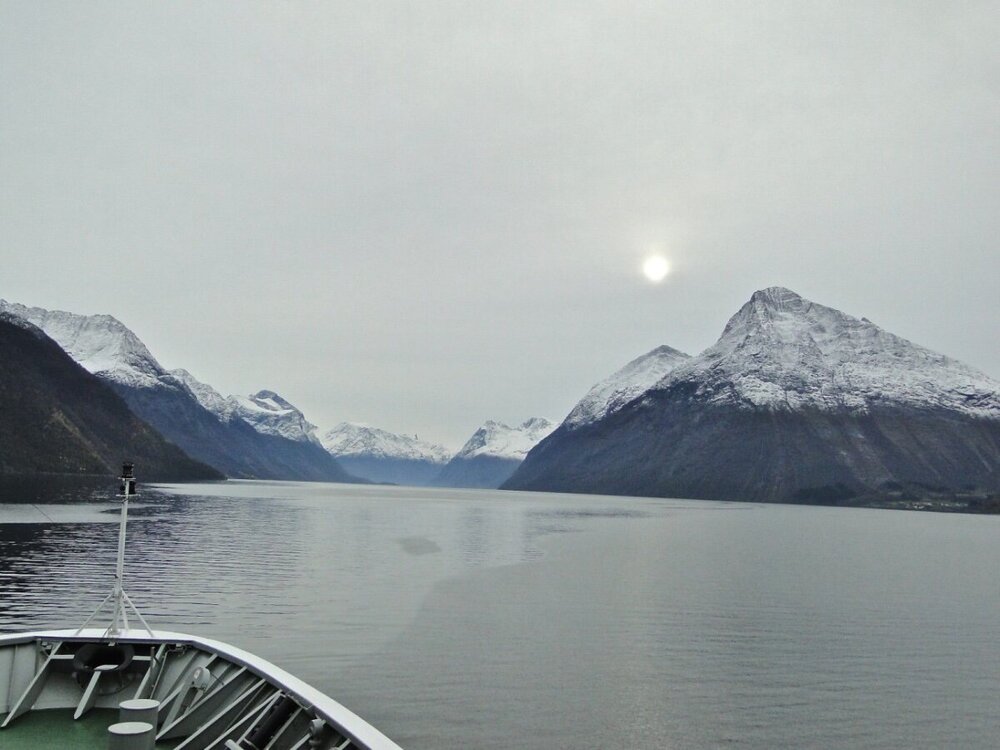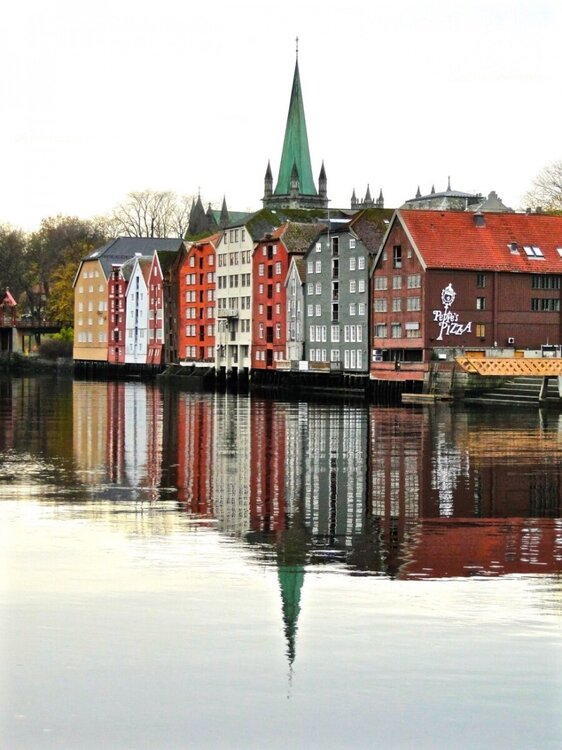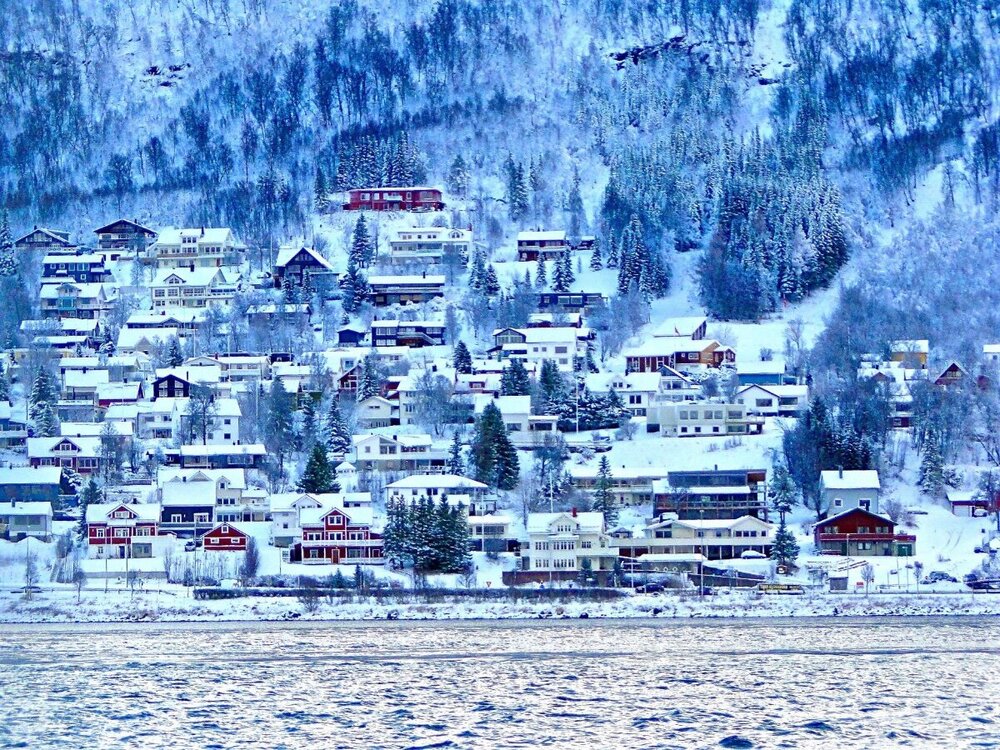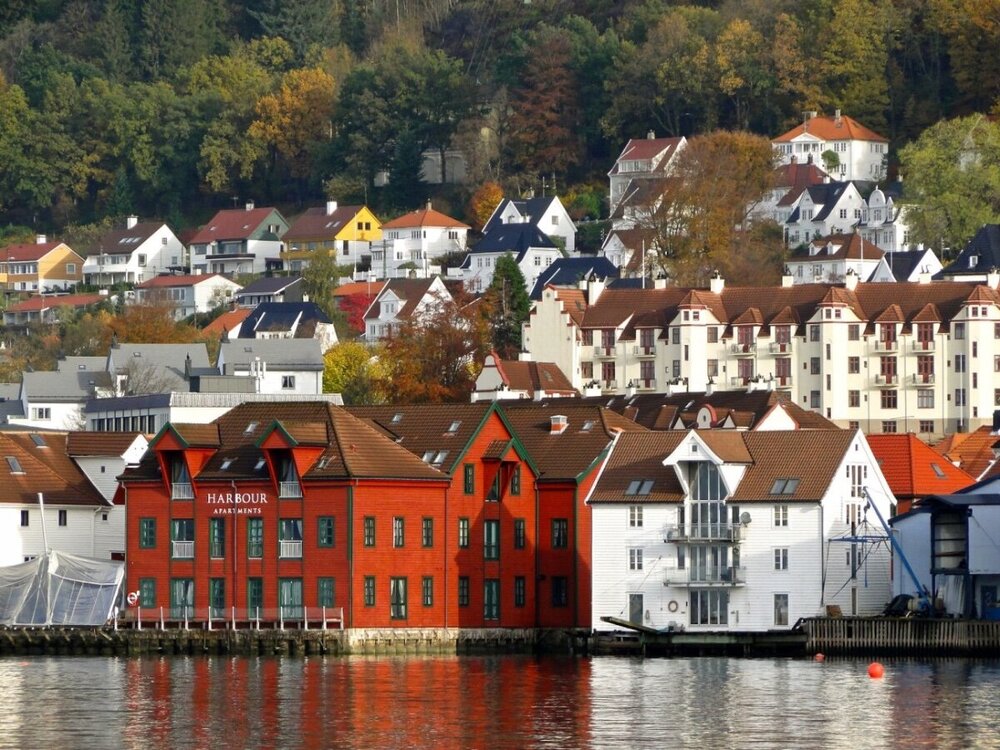
PeterRS
Members-
Posts
6,842 -
Joined
-
Last visited
-
Days Won
403
Content Type
Profiles
Forums
Events
Everything posted by PeterRS
-
A new era dawns for Thailand’s universal healthcare scheme
PeterRS replied to a topic in The Beer Bar
Since they have largely been treating most of the public in this way for quite a few years, I imagine an increase will not prove too much of a drain on the tax revenues given the country's increasing prosperity. Plus even in private hospitals, treatments and procedures are very substantially lower than in western countries. In pubic hospitals, I have had MRIs which cost 14,500 baht each and a Professor of Retinology to thoroughly check my eyes and previous retina damage for 2,000 baht. My abdominal specialist's fee is 200 baht with the hospital taking a 50 baht facilities fee! My expectation is that as tourism increases, the larger and richer private hospitals like Bumrungrad will just put fees up yet again to cover the cost of treatment of Thais. -
Revolutionary, but the apps were certainly not the first and only way to find guys on line. gay.com and gaydar were just two of the websites which had a wide selection of guys from all over Asia. fridae, the Singapore-run site, was for its first years a major way of finding guys and it listed many tens of thousands around Asia. There was also at least one Thai site mostly in Thai but a good way of meeting young cute Thai guys. I certainly used it for a while. Perhaps more important surely is the rather sudden availability and spread of cheap mobile phones. Soon came grindr and the other gay daing apps. But if that was a reason for Sunee Plaza relatively quickly downhill after 2010, how is it that other gay areas in Pattaya and Bangkok have not collapsed so quickly?
-
Bangkok pub closed for 5 years after 120 patrons failed drug tests
PeterRS replied to a topic in The Beer Bar
If this was not Thailand, the mind would boggle that any pub could remain operating for three full years without a licence! -
A new era dawns for Thailand’s universal healthcare scheme
PeterRS replied to a topic in The Beer Bar
When Thaksin introduced the original healthcare plan, it was universally praised - except by the hospitals, even the much cheaper public ones, which would in future have to perform expensive cancer and other comlicated surgeries for the same 35 baht it would cost them to treat a cold. It took about four years but a large group of hospitals complained that they could be forced to close. Within a few years the government realised the scheme needed rethinkiing. So it removed the 35 baht charge and much healthcare became basically free for Thai citizens. Since then hospitals have been reimbursed out of general tax revenues. The new policy seems to extend benefits to greater numbers. -
Retirement Cruises (on Ships - not Shopping Malls!)
PeterRS replied to PeterRS's topic in The Beer Bar
Many thanks @Marc in Calif. It's a very scenic part of the world especially at that time of year, despite clouds and occasional mist. I was unable to see the Northern Lights on the ferry due to low cloud in the evening. I had to wait until i got to the far north of Finland before getting some amazing photos. -
I'm glad @a-447 mentioned these bars because it does rather give the lie to the view that Sunee basically died because it was a fem-type boy area. I have no doubt there was a preponderence of fem-boys. But that cannot have been the primary reason for the area's quite rapid decline. I always enjoyed sitting at Yaya's bar and people watching as I did at Dick's in Soi Twilight. There then seemed a considerable number of farang sitting at various beer bars, drinking and chatting, although we were never sitting there long enough to check if the customers offed boys. Clearly some did. But the fem-boy argument and the underage argument surely cannot have been the only reasons. Re underage, on an early visit in the late 1990s we did enter a bar in Sunee - close to where #22 Memories Beer bar is on the map. We were both shocked and disgusted that some of those sitting at the side of the stage were clearly under age - some even considerably underage. But I understood this problem with Sunee was cleaned up early in the new century. Certainly we never saw a similar bar on future visits, thankfully. I recall one of the regular posters on this Board used to have weekly meetings with several friends over drinks at a Sunee bar. Admittedly it was quite a few years ago, but there seemed no major problem with the area at that time. I do recall being informed that the owners of Krazy Dragon and Happy Boys (the latter being in a lousy location) just gave up because of lack of customers. But again I come back to the question: why did the customer base that could clearly sustain so many gay bars and go-gos in 2010 all seem to vanish with most closing pre-covid?
-
I am sure you are correct, although clearly there were exceptions. We popped in to Krazy Dragon precisely because the boys there were not the typical fem-type twinks. Quite the opposite in most cases. It was a pleasnt change from Happy Boys.
-
Found this map of Pattaya's Sunee Plaza dated 2010. The gay go-go bars are marked in blue. I can see 13 - and this was before Winner Boys opened. Of the rest, I think only Nice Boys continues to exist. I was only rarely in Pattaya but did sometimes enjoy walking through the Plaza and stopping at Yaya's bar for a drink before popping into two different types of go-go bars - Krazy Dragon and Happy Boys. I really wonder: how did it all disappear so quickly?
-
Given that @Moses owns and runs SGT, I am also confused. Why does he post here and get into quite a few argumentative discussions which he hardly ever backs up with background links when with very rare exceptions he does not post such threads on his own site? Is it because he knows SGT gets so few posts these days and most are specifically related to Pattaya? Yet SGT does have a Gay World forum where this and other posts he has started making here could easily be added. Then again, given that that World forum has had all of a mere 12 threads during the course of the last 12 months, he must know that if he posted there most of the readership would likely ignore them. I suggest he should try - and then see what happens. I may be completely wrong - but I think not
-
You also have to add the montly envelopes handed over to the BIB. I have no idea what the rate is in Pattaya or the present rate in Bangkok. But some years before Soi Twilight closed, I was chatting with a mamsan I had known for years. He informed me that for an indoor go-go bar, 160,000 baht was the expected monthly payment. For a beer bar on the street, 40,000 baht. Following covid and the closure of Soi Twilight, I expect these payments must have been considerably reduced. Mention of bar ownership, it was often claimed that Classic Boys at the end of Soi Twilight was owned by a member of the army. We know, too, that substantial payments are made on a regular basis to the BIB by the owners of the girl bars. Thanks to an arrest made by police in one jurisdiction some years ago, the man taken into custody had specifically made substantial "contributions" over the years to those in another juriiction to enable the police to build air-conditioned police boxes at traffic intersections. He created an almighty fuss and I believe the case swiftly disappeared.
-
Thanks so much @daydreamer. Trying to remember that name has been haunting me since I wrote the post. Sorry I cannot recall what the mamasans wore. I was much more interested in what the boys were not wearing 😵 I recall that on one of our quite regular visits, I was pissed off that one customer had hogged a table and was buying drinks for the 5 cutest guys. Fair enough! We should have arrived earlier. What annoyed me more, though, was that he and a couple of the boys were smoking, as were a couple of other customers, this despite there being two large NO SMOKING notices. Eventually I walked over to him to point out the notices and politely ask if he and the boys would cease smoking. A few moments later he came over to our table. I was a bit concerned he might want to provoke a fight. But he was very pleasant. He was, he told us, the co-owner of the bar. Since we were regulars, we knew that they never had many customers and the bar was not making profits. It was for him an interesting sideline. But if he stopped customers smoking, he'd lose half the existing customer base and have to close down. It was a very fair point and I thanked him. He offered us a free drink, but in view of the bar's financial situation we declined. I almost said I'd prefer to take one of the boys sitting at his table upstairs, but managed to restrain myself! Thanks again.
-
Yes, we do agree. It's a pity that you were never able to attend the original Babylon in the building at the top of that soi where it joins Sathorn Soi 1. Perhaps ironically it's now the home of the French restaurant Le Bouchon that for decades was located in Patpong Soi 2! The original Babylon which opened around 1987 I think was clearly more than just a gay sauna, for someone had spent a great deal of money on it - antiques in a tall glass case in the lobby, for example. The smallish restaurant on the first floor was always packed at weekends and the owner would usually engage a classical guitarist or flautist to play gentle music. Much of the music piped into the sauna area was itself quiet classical - rarely pop. I was aways told that it was created basically for gay professional Thais to give them a private space to relax and unwind. Certainly on Friday and Saturday evenings there were always queues to get in. Then the owner expanded it by taking over the next door premises. But by the end of the 1990s, he decided to move it all down to its location in the much larger premises on land which I believe his family owned. When a Thai friend told me about the original Babylon not long after it opened, I admit I became a regular. Every visit I made to Bangkok (several a year) included one evening at Babylon. Happy memories indeed! To begin with I liked the new premises, although for my taste they were too large. The pool, gym, restaurants and bar were great. But it became perhaps more like Hua Lamphong station rather than the niche little Hua Hin station. But that's progress. I was aware of other saunas opening. Heaven down near the river (opened around 1995 I think) was very busy for a time and I believe is still on the go. Chakran quickly became my favourite, though. Once the Skytrain had opened, getting to Soi Aree was so much easier. And with its Moroccan theme, its small pool right in the middle, the bar where you could sip Singhas or cocktails on loungers as you watched the many boys in their towels descend the stairs on the other side - it almost eclipsed the oriignal Babylon. Somewhat oddly, as Babylon had became so much more popular with foreigners as well as Thais, Chakran slowly moved in the other direction - Thai for Thai/Asian. But as you @reader have often said and perhaps I have not given you sufficient credit, time marches on. Some things change. I had a favourite sauna in Singapore named Rairua. It opened in 2002 and was out of the city centre. Like Babylon, it was very well decorated and laid out. It introduced SIngapore's first nude nights. These became so popular that other Singapore saunas had adopted the theme within a year. The clients tended to be better off, cute young Singaporeans - very few foreigners like me! Then virutally without warning it closed its doors in 2006. Now that building happens to be the Singapore branch of the gay Pulse Clinic which started in Bangkok! As I have written before, I was very much a regular at Bangkok's gay go-go bars for decades. When I moved to live here, I discovered that a gay friend from my Hong Kong days also had bought a condo here. So on Sundays we were regulars for dinner somewhere followed by a go-go bar or two. We must have visited almost all of them, even though we returned to our favourites. Our last outings were amost always to a bar whose name I am ashamed to say I cannot recall. It was on the same street as Nature Boys and on the corner just down from Mango Tree. It was not popular in that we rarely saw more than a handful of other customers. But drinks were cheap, some of the boys were great fun and the short time rooms upstairs were always clean. When it finally closed, we'd occasionally chat with one of the mamasans who had opened a small host bar on Soi Twilight almost next to Dick's Cafe. The other more efficient mamasan had earlier gone off to Pattaya to work in Dick's Cafe there. My reason for not attending bars now is simply because I have no desire. Being partnered with a Thai whose only experience of gay nightlife had been a quick visit to Balcony Bar with his cute gay friend, we both prefer to meet our friends for quiet dinners, drinks and chat. Mabe we are lucky in that he really enjoys my friends and I his. On the other hand, I have free reign when I am away from Thailand. But that's another story!
-
China rightly gets a bad rap on this and other forums for a number of issues - mainly poitical and human rights. But as one who has visited the country dozens of times, may I just add that it has some extraordinary sights for inbound tourists. And I don't just mean in the main cities of Beijing and Shanghai - although a visit to the Forbidden City, Temple of Heaven and the Great Wall are as memorable as any anywhere. For those who might consider China, I would definitely suggest they try to visit Harbin in the far north east during the spectacular month-long Ice and Snow Sculpture Festival in January/February. I know there is one in Sapporo in Japan, but frankly it is not a patch on the one in Harbin. Here there are two parks: the ice park involving dozens of mega-ice scuptures which are lit from within at night (and so a daytime and nighttime visit are essential); the other the snow park where smaller but also some huge snow scultures can be viewed. Near the snow park is the famous Siberian Tiger Sanctuary. Harbin itself is a fascinating city. After the Russian Revolution, many white Russians fled to Harbin thanks to the trans Siberian Railway and a spur down to Harbin. For a while it was more Russian than Chinese. In its centre there is a now decommissioned Russian Cathedral and all major streets are named in Chinese, English and Russian. Russian restaurants abound - and there is also a gay bar! The one problem during the Festival is hotel accommodation. I was lucky in that even though I booked at relatively short notice I got a room at the Hoiiday Inn which was in an ideal location. The parks and the Sanctuary are on the other side of the frozen river, but there are virtually no hotels there. So you need to take a tour or one of the plentiful taxis which will wait for your return after your visit. With evening temperatures in the region of -25 celsius, the last thing you want is to be stuck with no transport! Another area hugely worth visiting is Yunnan Province in the south west not far from Tibet. Getting from Bangkok is relatively easy as there are flights from Bangkok to the capital Kunming. Keeping this travelogue simple, I will mention only two of its many towns and other attractions - the old cty of Lijiang and the amazing Ganden Sumsteling monastery which is reputed to be the finest Tibetan monastery outside Lhasa. The city close to the monastery has been renamed Shangri-La - but it is just another Chinese city and the main reason for visiting is the stunning road between Lijiang and Shangri La and various monasteries. I stayed in a lodge just behind the monastery. Watching the sun set over the golden rooftops while sipping ginger tea on my little patio was quite magnificent.
-
And with Thais not requiring visas for Russia, this is why Russians can enter Thailand without visas! Yet when I went to Moscow some years ago, as a UK citizen I required a visa. Since I would be travelling on to Europe after attending a Conference in Moscow and then returning via Russia for a few days sighseeing and to get my flight home, I applied in Bangkok for a double entry visa. Not possible, I was gruffly told by some Russian official days after the form had been submitted. I'd have to get a new Russia visa in London. When I replied that I would be nowhere within 400 miles of London, he just shrugged! But I absolutely had to get back to Moscow! What that incompetent did not tell me is there is a Russia visa issuing office in Edinburgh where quickie 24 hour visas can be issued - at a massve cost. So my brother-in-law drove me a considerable distance to Edinburgh one day and back the next.
-
China slams ‘smearing’ of Belt and Road project after Italy withdraws
PeterRS replied to a topic in The Beer Bar
China is now getting its come uppance for Xi's attempt to take pver much of the world. It's not just its opaque pricing and high interest rates for the loans it dishes out. Many countries cannot repay those loans. Sri Lanka is going through its worst financial crisis for 7 decades. There have been street demonstrations, runs on banks and rollng electrical blackouts. China lent it US$7 billion to construct a new port seen as a key to east/west trade. It has been negotiating a bailout loan from the IMF for US$2.9 billion. In the meantime it has borrowed a further US$4 billion from the Import-Export Bank of China to help repay other loans - many from China! In addition to the Columbo container port, Sir Lanka's port of Hambantota became key to China's Belt & Road initiative. Despite its necessity being questioned, China poured vast loans into the country to have it fully developed. The intention was to make a small fishing village into a major shipping hub. The debts incurred to China could not be repaid. So Sri Lanka gave China a controlling equity in the port and a 99-year lease on its operations. Infrastructure projects are a key element of the Belt & Road initiative. And the fear is that China is happy to provide mega-loans in the reasonably certain knowledge it will soon be in a position to control these projects. https://asia.nikkei.com/Spotlight/Sri-Lanka-crisis/Sri-Lanka-says-deal-with-Chinese-bank-covers-4.2bn-in-debt -
Retirement Cruises (on Ships - not Shopping Malls!)
PeterRS replied to PeterRS's topic in The Beer Bar
A great less expensive way of seeing the Norwegian coast and fjords is the daily Hurtigruten ferries. Take the amazing train ride from Oslo to Bergen and then stay on the ferry right up past the Arctic Circle to basically the top of the civilised world if you wish. The only problem is that the cabins are very small. But I thoroughly enjoyed my four days November trip some years ago. -
You and I will always be on opposite sides of this discussion. With respect I have never advocated the closure of gay go-go bars. I certainly would be delighted if present and future generations could enjoy the go-go bar scene as we did decades ago. What I have done is report what I "believe" will happen and why. How many gay go-go bars existed 10 years ago? 20 years ago? 30 years ago? Many more than presently exist, for sure. I beieve that the shows in those which remain in Bangkok are often quite full. Great! But how many attend the bars to see the go-go dancers beween the times of opening and the shows? No bar can exist financially if it only makes money for drinks during the shows and some off fees. Now I read somewhere recently (perhaps in this forum) that one bar I believe in Pattaya is charging 800 Bt. as the off fee. The point is that the customer base continues to fall off and the new customers, especially those from north and south-east Asia, are either women or are generally much more interested in the sauna and disco experience. I can't see how many gay men and women around the world will be attracted to visit Thailand only because it has a "lock on" a gay go-go bar experience that is, for a multitude of reasons, slowly dying.
-
Correct. And I agree the "offer side" (supply) is dependent almost exclusively on demand. And if the demand reduces to the point where profits cannot be made, those go-go bars which depend on them cannot continue. Of course not all are dependent on profit. Notably the one gay world-class facility where profit was far from the motivating objective and which Bangkok enjoyed for almost 30 years was Babylon sauna. It was conceived, designed and looked after by a very wealthy Thai from a very wealthy family who wanted a place for gay men - initially gay Thai men - to congregate. It was widely reported that it did not operate to make money. It closed, as I understand, only because he moved to Chiang Mai. But I do know that that large plot of land, which included at least one other property, in one of the most expensive parts of the city has been sold. Sad!
-
No. What I have written about before - and regret I may have given the wrong impression in my earlier post in this thread - has always centred very specifically on gay go-go bars, and this is what is equally specifically discussed in Mr Kerr's book . These you can find in virtually no other Asian societies. Manila used to have an active gay go-go scene even before Bangkok, but that largely ended decades ago. There are still a few go-go bars, but from what I read on this forum and elsewhere (since it is more than 20 years since I last attended one in Manila), they are not similar to those in Thailand, particularly with the dancers being older and less svelte. And they are certainly not a patch on what Manila used to offer in the late 1970s and 80s. Frankly I know of no such bars in Japan, China, South Korea, Vietnam, Singapore, Malaysia, Hong Kong, Taiwan, Laos or Cambodia. Tokyo did 'experiment' with a few such bars years ago, but they proved not to fit with Japanese ideas of what makes a gay night out and were discontinued. As in Thailand, though, there will no doubt be some underground establishments where nudity for boys and customers may be common, but these are never brought to the notice of tourists or even most Japanese. As for other continents, i am sure you must agree that even in Europe we learn of the number of go-go bars and bars where guys would strip off completely now being far fewer that was the case 10 - 15 years ago. Are Prague and Berlin anything like what they used to be like in this respect? I know little of South America, unfortunately, but again from what I read, the 'action' is much more in the saunas than in a go-go type bar. Perhaps some guys who do visit South America regularly can correct this if that is a wrong assumption. So it is the gay go-go bar model which I believe will eventually die out, and it will be for a mix of commercial pressures (like Sunee Plaza) and pressure from the elites in 'society'. Girlie bars will probably continue but be even further restricted re where they can operate. I am certain gay bars as such will always be around in most cities around the world. Even China still has some gay bars and clubs. In Taiwan they are increasing. But this type of gay and other nightlife entertainment is certainly not always dependent on the 'elites'. Tokyo used to boast 400 bars (almost all tiny) in the Shinjuku ni-chome district alone. That number droped by 25% in the last 10 or so years as could be seen pre-covid by the open spaces where buildings have been torn down. That has not been a mandate of any elite. It has been purely commercial pressures. The one area where Tokyo in particular is clamping down on a certain type of nightlife is on the multitude of host clubs principally for young ladies. Japanese lawmakers rarely become involved in nightlife. After all it was the Americans who wrote their constitution! But almost uniquely they have recently become concerned at questionable business practices in host clubs where the object is to relieve young ladies of vast amounts of cash for super expensive drinks like Remy Martin Louis XIII cognac or vintage Cristal champagne, all with a mark-up often in the range of 10 times the actual price. Recently Japanese newpapers have been full of information about one club where a customer attacked the host by stabbing him in the shoulder with a knife, accusing him of having ruined her life. Host bars for women have been around for 60 years but recently the pressure of their pet hosts, especially in the clubs in Kabukicho near Shinjuku, to make them spend such vast amounts has led to some patrons becoming prostitutes to pay for their habit while others find themselves in a rapidly spiralling debt. Some hosts actively encourage the customers to go into sex work. Others have resorted to suicide. These clubs actually operate under a specific section of an entertainment law. Now the Liberal Democratic Party is considering changes that will increase regulation.
-
Obviously works for some. I was in Rio for just two days and was mugged in the middle of day. It was a Sunday with few people around!
-
I'd like to have a close look at your crystal ball. Probably a bit of mist in there somewhere LOL Please name a country where the elites have "succumbed". A gay scene will always be around as it is in almost every country in the world outside continental Africa and a few other countries. The question essentially is: will it remain as one with gay go-go bars? You know my response!
-
Let's not forget it's not only Trump. Politics in the UK has become a cess pit of lying, factions, mismanagement and backstabbing! France is fractionally less so . . . and so on. The idea of public service clearly went out of the window many decades ago. Now it's what's best for me, me, me and my family and friends. Greed has become the currency of politics in many countries. My own belief is that there are five factors which have led to this situation. One is the extremely limited and often dreadful experience of many who aspire to high office. If Boards of Directors require that the CEOs of major corporations have extensive experience in the companies they will lead, we the public, as the Board of Directors of a country, seem perfectly happy to elect parties with hugely inexperienced leaders that recently in many cases have become jokes. Due diligence in considering those wishing to become parliamentary candidates hardly exists. The electorate increasingly votes for parties and not for individuals who are supposed to represent them. Secondly, the politics of countries which have just two principal parties liable to gain power - like the USA and the UK - works to the massive advantage of the above. Our politics now is basically reduced to "I'm right" - "No, you're not, you're a lying bastard! I'm right" Thirdly, in the USA and UK millions of electors do not even bother to exercise their right to vote. When they do, they are not voting for the most popular choice. They vote for first past the post individuals and parties. Consequently, in the UK at least, the party with the most votes will not always be the party in power. In the 1951 election, the Labour partly won more votes than it had ever gained before. Yet the constituency system meant the Conservative party became the new ruling party. The same 'wrong' party won in 1974. In New Zealand, the elections of 1978 and 1981 returned the party with less total votes. The first past the post congressional and parliamentary system does not work in favour of electors. Proportional representation is the only fair way of conducting elections, even though the mechanics of organising this may be extremely difficult. But that is no reason for not implenting it. Finally, something has to be done to persuade more individuals to exercise their right to vote. After all, milions across the world died in movements to ensure all citizens in future have the right to vote. Some countries have introduced compulsory voting - Australia, Austria, Uruguay, Belgium and several others including Thailand mandate this. One argument against compulsory voting seems to be that it impacts on an individual's freedoms. What a load of nonsense! Freedom comes with responsibility, and is there anything more irresponsible than in deliberately not voting for the individuals who will run your country?
-
Could not agree more. I did once meet a lovely looking guy in Hong Kong who eventually came back to my apartment. But he had some form of body odour that was permanent. No idea what causes that. He had tried all manner of colognes and consulted doctors but nothing worked. Very sad for him.
-
Retirement Cruises (on Ships - not Shopping Malls!)
PeterRS replied to PeterRS's topic in The Beer Bar
Well, I suppose I could just get used to a regular diet of Beluga caviar, Hokkaido scallops, New Zealand lamb, the London Savoy Hotel chef's beef wellington, pavlova, baklava, the best chocolate mousse with a hint of the best cognac, and creme brulee! Roll on winning the lottery! LOL



